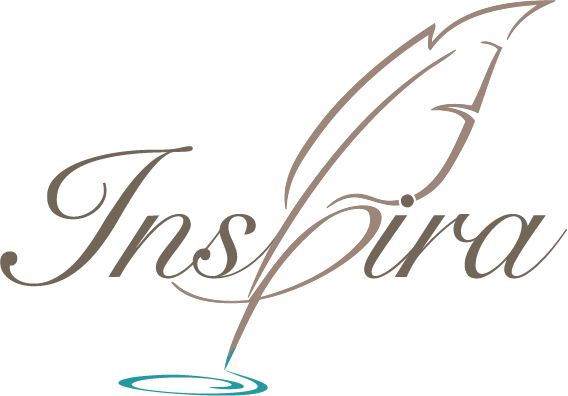6 Ways to Engage Writer’s Block
/You are working steadily and happily on your story when you notice boredom and impatience stealing over you. Your mind muddies, your brow furrows, and your flow state grinds to a halt.
Diagnosis: writer’s block.
There are few sensations more frustrating than the onset of writer’s block. It’s like the common cold: it seems to strike at the most inconvenient times, it’s utterly discouraging, and it can drag on for what feels like ages. But do not fear! Like the cold, writer’s block is common. It can even be an opportunity to hone your writing skills!
Following are six ideas for engaging with (and overcoming) writer’s block:
1. Use it. The sensation of writer’s block can be a sign that something about your process or piece isn’t working. Use it to ask yourself tough, honest questions. Why am I feeling uninspired right now? What about my writing feels like a dead end? Have I introduced unnecessary confusion? Is there a portion of my work that is not interesting to read? Am I using my writing time as intentionally as I could be?
Use your answers to take specific action with whatever you’re working on.
2. Write trash. A blank space and anxiety about securing the perfect phrasing can be real creativity-killers! Shake off the self-imposed pressure to be perfect by writing an intentionally bad version of whatever you’re working on.
You can have a lot of fun with this exercise. Ignore your target audience. Write that grant proposal like an Agatha Christie spoof. Mess up “your” and “you’re.” Swear. Go on tangents. Mash your fingers into the keyboard. Write fast enough not to be hindered by your better judgment.
Set a timer or a page count, and don’t stop typing until you’ve reached it—30 minutes is a good start. The point is just to get words on paper. It’s like opening a rusty old faucet and letting the stagnant sludge out so clear water can flow again.
3. “Solvitur ambulando.” Or, in English, “It is solved by walking.” This Latin phrase appears often in literature and has been attributed to St. Augustine. Regardless of who coined it, it works. Get physically unstuck, and your mind will follow. Don’t think too much about your writing because it will be ironed out on its own (solvitur is a passive verb, not an active verb: “It is solved,” not, “I solve it”).
A stroll around the block is better than nothing, but longer is better. If you feel stuck, an afternoon spent walking is likely to be more productive than an afternoon spent staring at a computer screen. Be sure to carry a notebook with you: inspiration often strikes when we are on the move!
4. Change your writing environment or medium. A good routine is a powerful thing, but sometimes, it behooves us to freshen things up. Move to a different room of your house, switch from your usual coffee shop to a greasy spoon diner, or book a weekend in a nearby town for a proper retreat! Create in a different medium by closing your laptop and making a voice recording, sketching a storyboard, performing a monologue to yourself in the mirror, or writing longhand on your surface of choice.
5. Read a great book or watch a great film. Return to a creator whose style you admire and get lost in their work for a bit. What is it about their art that inspires you? How can you let them influence your creative process? Rather than using someone else’s work to ignore your own writing, let it aid you in connecting even more deeply with it.
6. Disengage! There comes a point where it’s not helpful to keep working at all. When you’re at that point, don’t force it! Do something else, not with the intention of it sharpening your resolve to write, but just to do something else. Cut your toenails. Take a nap. Go out with friends. Watch a movie. Go crabbing. Writing is a tough discipline, and it pays to be generous to yourself and give yourself breaks. The point here is to be deliberate: instead of slipping into time-wasting activities and feeling guilty about procrastinating, intentionally choose to give yourself some time off. You’ll come back to your writing when you’re ready, and you’ll be fresher than ever.
What are your favorite ways to cope with writer’s block?

